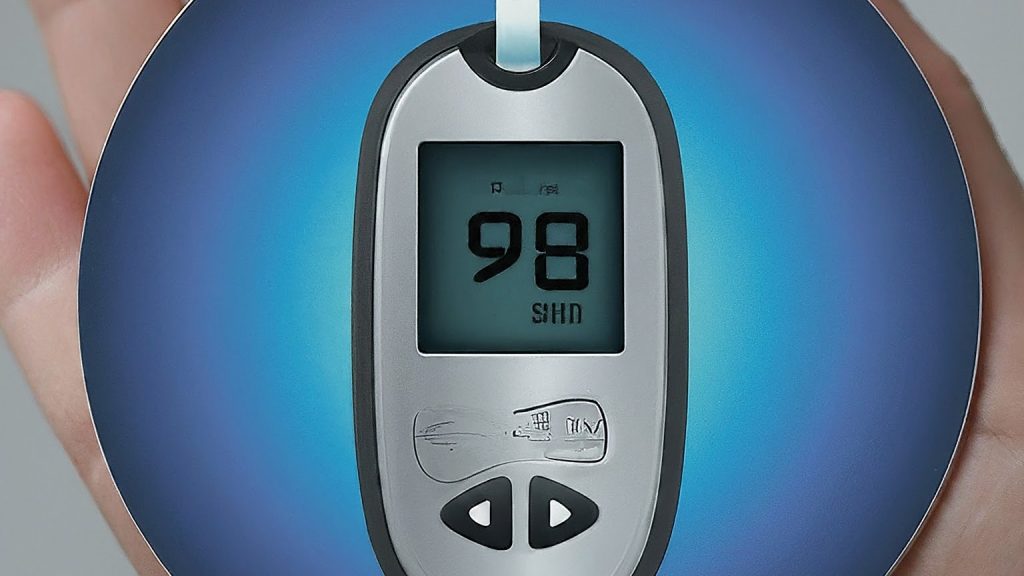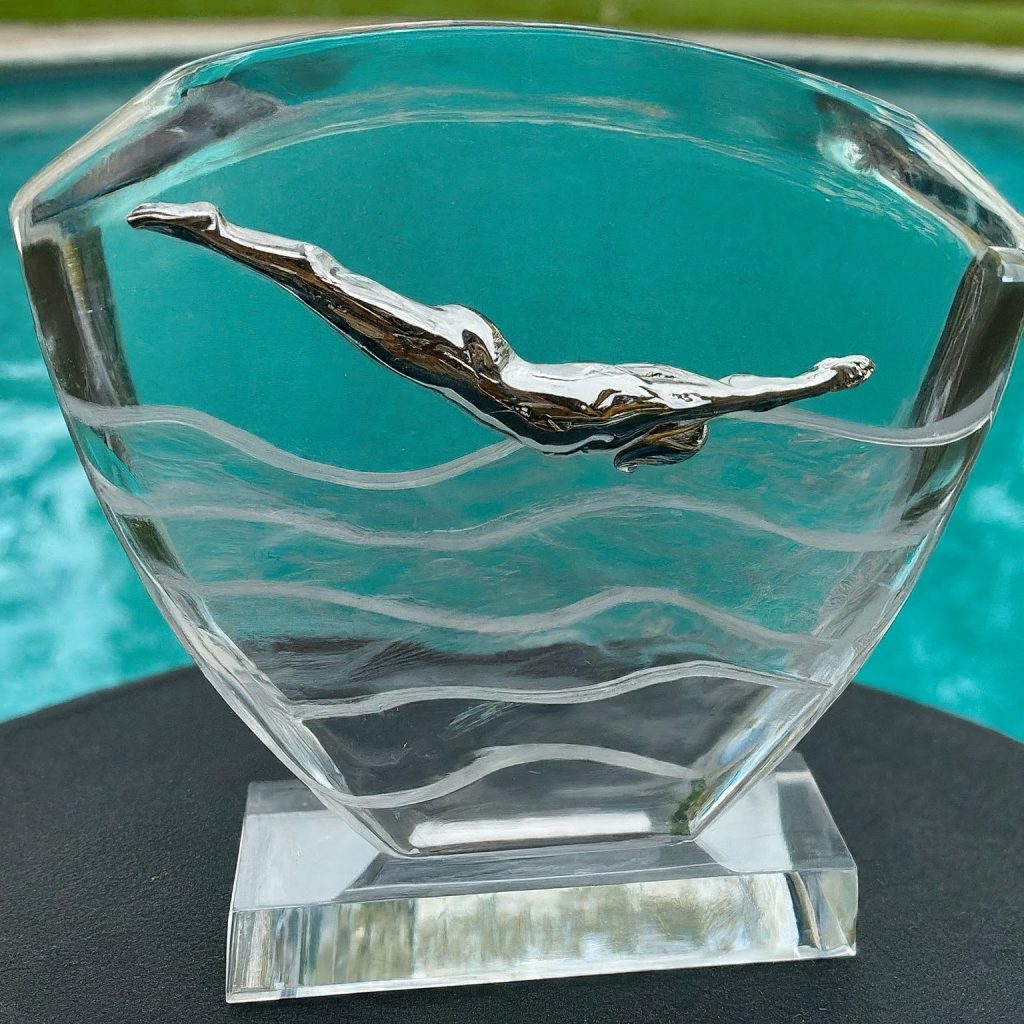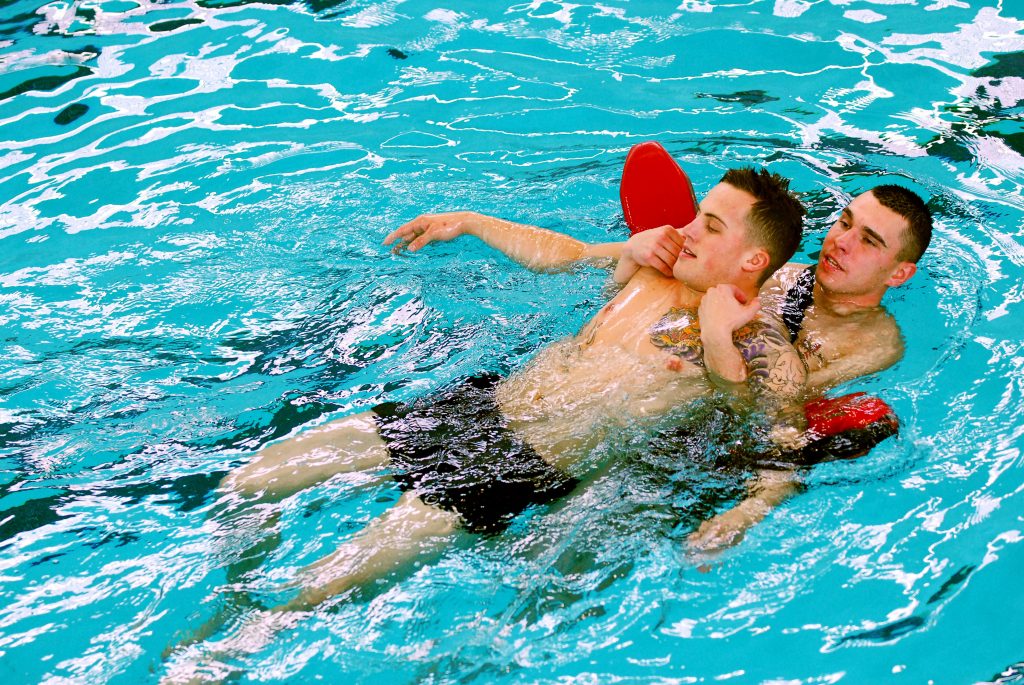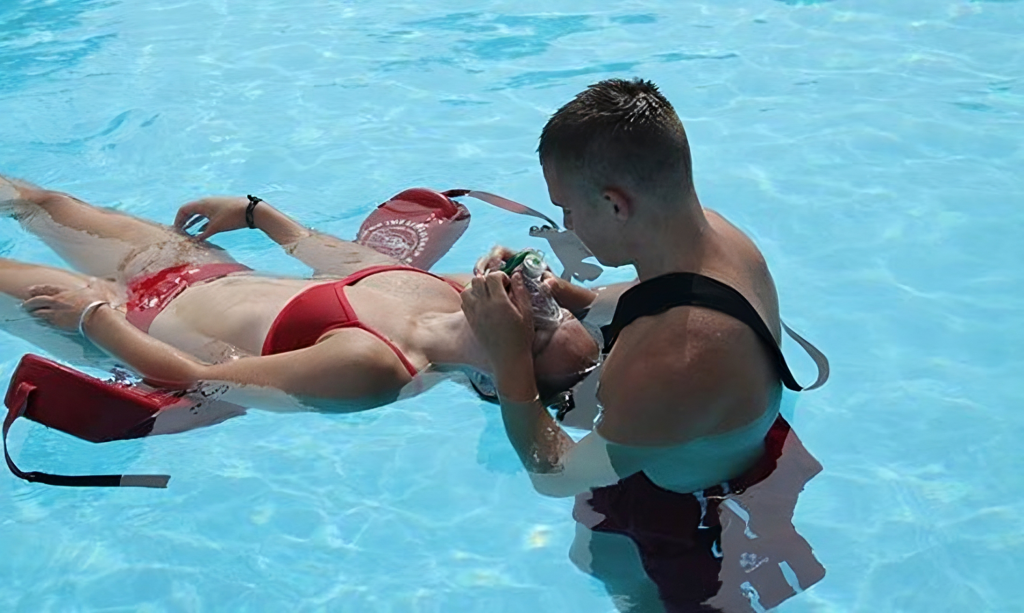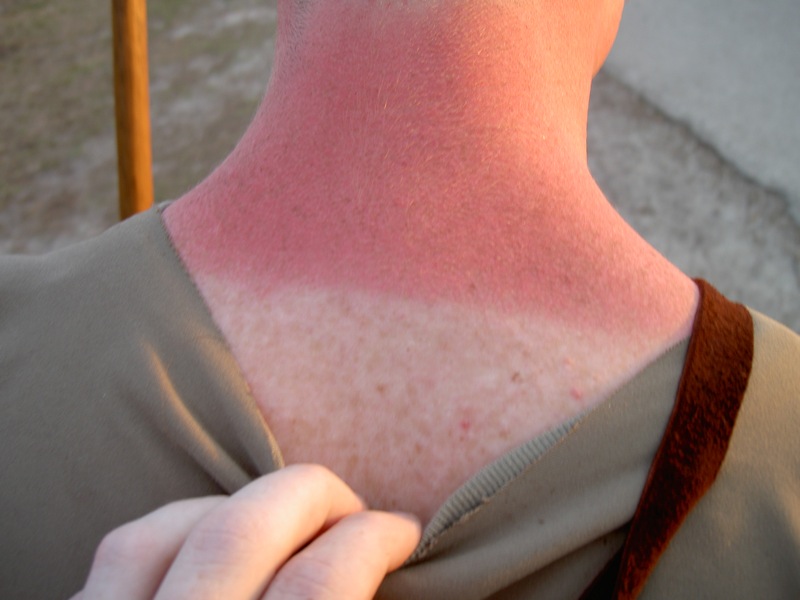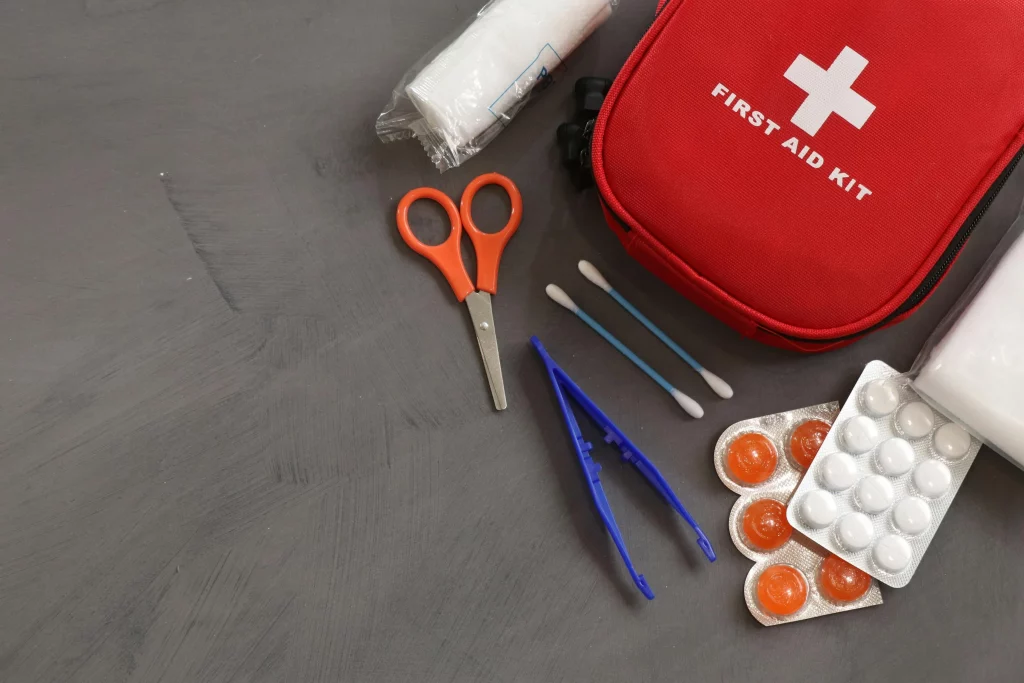Every summer, beaches and pools bustle with activity, and while most eyes are on the water, some of the most important lessons are happening right beside it—within Junior Lifeguard programs. These programs, often overlooked, are more than just summer activities. They’re essential training grounds that instill confidence, responsibility, and lifesaving skills in youth as young as 9 years old.
What is a Junior Lifeguard Program?
Junior Lifeguard programs are designed to introduce kids and teens to the fundamentals of water safety, first aid, rescue techniques, and physical fitness. These programs mimic the structure and expectations of professional lifeguard training but are tailored to the developmental level of younger participants.
While they don’t certify participants as professional lifeguards, they lay a strong foundation for future certification and, more importantly, foster critical life skills.
Why Junior Lifeguard Programs Matter
1. Early Water Safety Education Saves Lives
According to the CDC, drowning is one of the leading causes of unintentional death among children. By learning rescue techniques, CPR, and how to respond in emergencies, Junior Lifeguards become part of a proactive solution—often preventing incidents before they escalate.
2. Confidence and Leadership Development
From day one, junior lifeguards are given real responsibilities—monitoring mock rescues, communicating with peers, and even mentoring newer recruits. These experiences build self-esteem and leadership skills that carry over into school, sports, and social life.
3. Physical Fitness in a Purpose-Driven Environment
Instead of just swimming laps, kids train for a reason. They work on strength, endurance, and coordination—all through engaging drills that simulate real-life scenarios. This not only improves physical health but also builds discipline and perseverance.
4. Teamwork and Communication Skills
Junior Lifeguards quickly learn that rescues aren’t solo efforts. They train in teams, practicing how to support each other in high-pressure situations. Clear communication, quick thinking, and collaboration become second nature—skills that benefit them far beyond the water.
5. Pathway to Lifeguard Certification and Jobs
For many, this program is the first step toward becoming a certified lifeguard. Many aquatic centers, beaches, and camps look favorably on applicants who participated in a Junior Lifeguard program, giving them a head start in summer employment opportunities.
More Than Just a Summer Program
The best Junior Lifeguard programs go beyond drills and technique—they create a community. Participants often form tight bonds, gain lifelong mentors, and develop a deep respect for public service. Whether they pursue lifeguarding professionally or not, graduates walk away more prepared to protect themselves and others in and around the water.
Final Thoughts
Junior Lifeguard programs are investments in the safety, health, and development of our youth. They empower kids to act with confidence in emergencies, develop strong character, and take on challenges with courage and competence. In a world where preparedness saves lives, there’s hardly a more valuable way to spend the summer.
Here are a couple templates you can use to get started!


